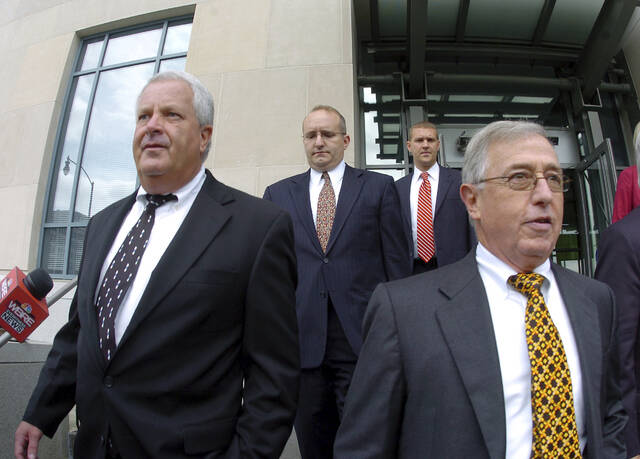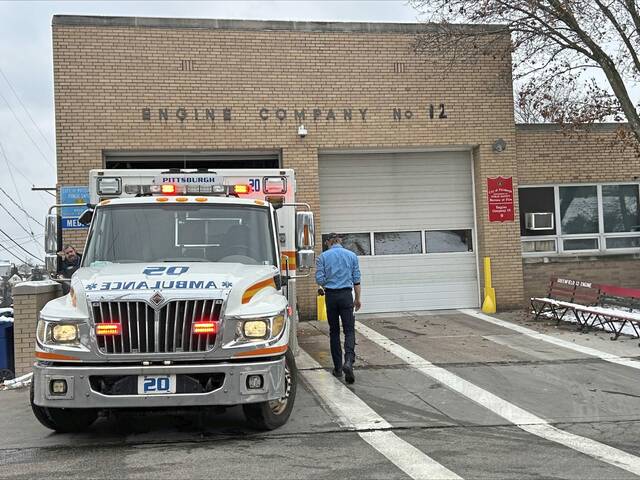Some debts simply can’t be paid in money.
From 2003 to 2008, two Luzerne County judges used children as a commodity. When juveniles appeared before Michael Conahan and Mark Ciavarella, a large number were quickly found to be delinquent and handed over to facilities that made their money through such placements — PA Child Care and Western PA Child Care.
Altogether, there were more than 2,500 children affected. More than half had no legal representation. If a child appeared before Ciavarella, there was more than a 60% chance of being ripped out of the home. The youngest was 8. The crimes were things like smoking and skipping school — things that usually mean grounding or detention, not jail.
Why? For money. The two men received $2.8 million in kickbacks for selling out children in what might be the most horrifying betrayal of the legal process ever. It became known as the “Kids for Cash” scandal — a name that sounds like a jingle, not the crime it was.
Today, both men have been stripped of their judicial titles and have become familiar with the other side of the justice system. Ciavarella is in a cell with 23 years to go on his sentence. Conahan was released in 2020 to home confinement because of covid-19 — more mercy than he showed the kids who came before him.
Last week, a federal judge delivered a $206 million verdict against them in favor of almost 300 of their victims.
It seems like a massive number. It isn’t — especially because it is unlikely to ever be satisfied. It amounts to less than $1 million apiece in compensatory and punitive damages.
Let’s address the compensation first. How do you repay a child for ransoming a life? Perhaps an actuary somewhere has done that math. Whatever the number, it is woefully inadequate.
That brings us to the punitive side. A $100 million punishment is 50 times what they made selling children. It still isn’t enough to hammer home the bone-deep wrongness of what they did.
But what it should do is act as a cautionary tale for every public servant who has a child or senior, mentally ill or physically sick person placed in their care or custody.
It should say we, as a society, find value in the vulnerable that goes far beyond money.








